Jacob Duijzer
Fast Flow, Not Fast Fluff: Embracing an Eclectic DevOps Coaching Approach
#1about 3 minutes
Defining fast flow versus fast fluff in organizations
Differentiating between a continuous stream of value (fast flow) and wasteful activities like unused projects or wrong features (fast fluff).
#2about 3 minutes
Using a three-part model for organizational change
The talk is structured around the eclectic model of amplification, slowification, and simplification from the book "Wiring the Winning Organization."
#3about 5 minutes
Making problems visible with psychological safety and Gemba walks
Improving organizational feedback loops requires fostering psychological safety and using tools like Gemba walks for leadership to observe and understand real work.
#4about 5 minutes
Using tools like the Andon Cord and health checks
Practical tools like the Andon Cord, Spotify Squad Health Checks, and retrospectives help teams surface issues and continuously improve their processes and wellbeing.
#5about 5 minutes
Slowing down to solve complex problems effectively
Adopting "slow thinking" and using frameworks like Cynefin helps teams differentiate between simple, complicated, and complex problems to choose the right approach.
#6about 6 minutes
Aligning teams with goals and WIP limits
Using goal-setting frameworks like OKRs and implementing Work in Progress (WIP) limits helps teams focus on delivering value and quickly identify workflow bottlenecks.
#7about 3 minutes
Building a continuous learning culture in teams
Creating dedicated time and space for learning through practices like coding dojos, code retreats, and liberating structures improves team capability and problem-solving skills.
#8about 5 minutes
Simplifying work by managing team cognitive load
Understanding and managing the three types of cognitive load—intrinsic, extraneous, and germane—is crucial for preventing team burnout and improving focus.
#9about 4 minutes
Designing teams for fast flow with Team Topologies
Structuring the organization around four fundamental team types and three interaction modes reduces dependencies and optimizes for flow.
#10about 18 minutes
Q&A on Team Topologies, security, and cultural change
Answering audience questions on implementing Team Topologies, balancing speed with security, handling cultural resistance, and applying DevOps principles in various team sizes.
Related jobs
Jobs that call for the skills explored in this talk.
SD Worx
Antwerp, Belgium
Intermediate
Senior
Azure
DevOps
+1
Matching moments
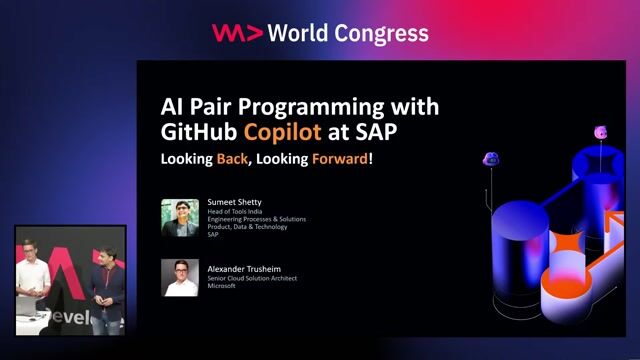
02:56 MIN
Defining the three pillars of developer experience at SAP
AI Pair Programming with GitHub Copilot at SAP: Looking Back, Looking Forward!
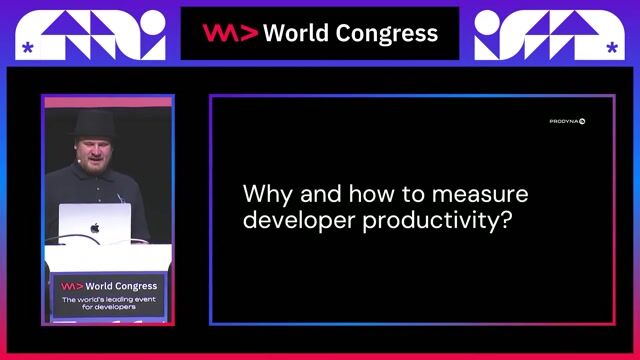
02:42 MIN
From waterfall to DevOps in software development
Do you know how fast you were developing?
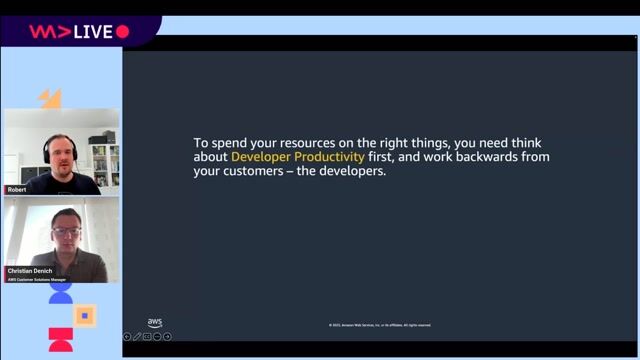
11:32 MIN
Using the DevEx framework and "Working Backwards"
Forget Developer Platforms, Think Developer Productivity!
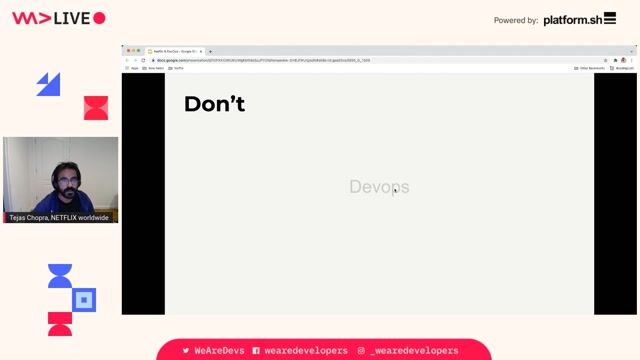
02:23 MIN
DevOps as an outcome of a healthy engineering culture
DevOps at Netflix
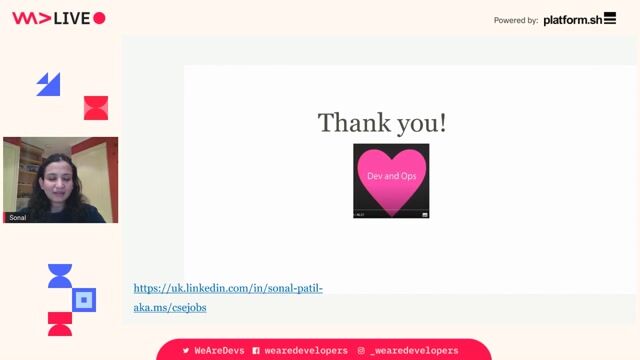
07:10 MIN
Q&A: Implementing DevOps and advocating for change
Shifting Stress to Progress— Understanding DevOps to do DevOps Better
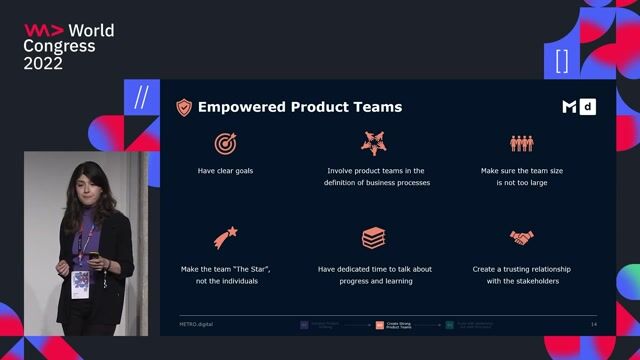
05:25 MIN
Scaling agility with leadership not just processes
The Art of Becoming a Mature Product Team
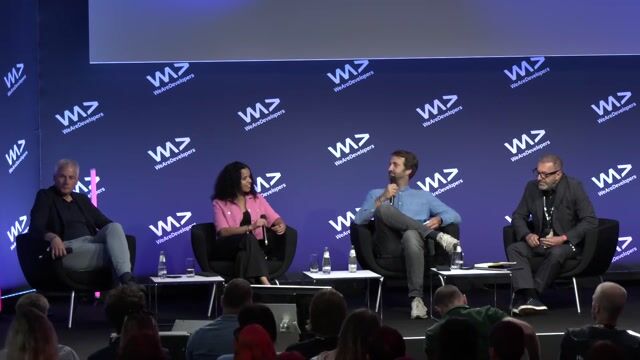
04:41 MIN
Atlassian's playbook for driving transformation at scale
How Visionary Leaders Drive Transformation
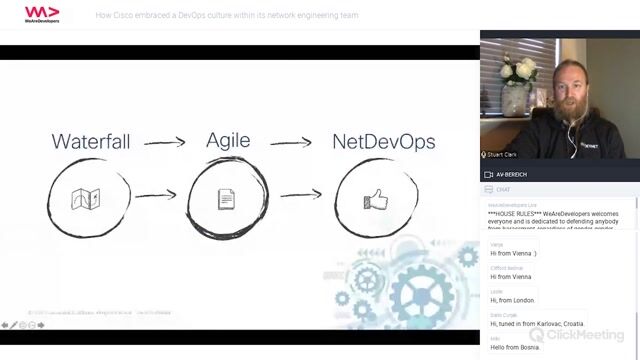
01:56 MIN
Shifting from a waterfall to an agile NetDevOps workflow
How Cisco embraced a DevOps culture within its network engineering team
Featured Partners
Related Videos
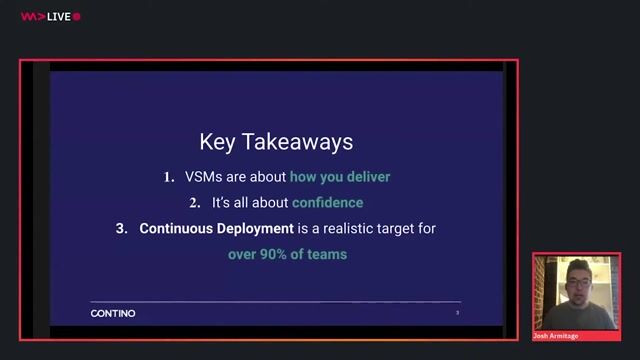 30:46
30:46Charting the Journey to Continuous Deployment with a Value Stream Map
Josh Armitage
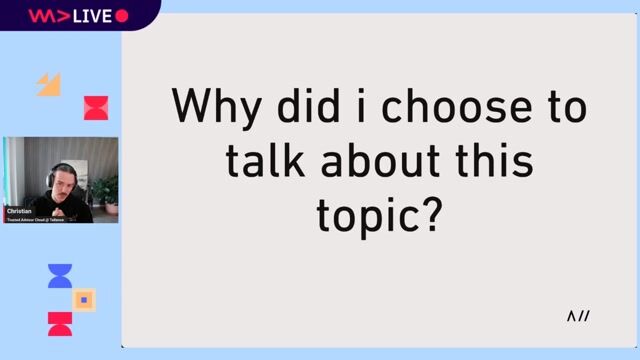 58:40
58:40Platform Engineering vs. DevOps Why not both?
Christian Strack
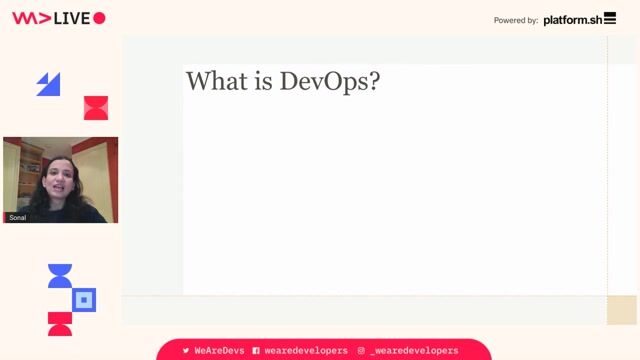 37:46
37:46Shifting Stress to Progress— Understanding DevOps to do DevOps Better
Sonal Patil
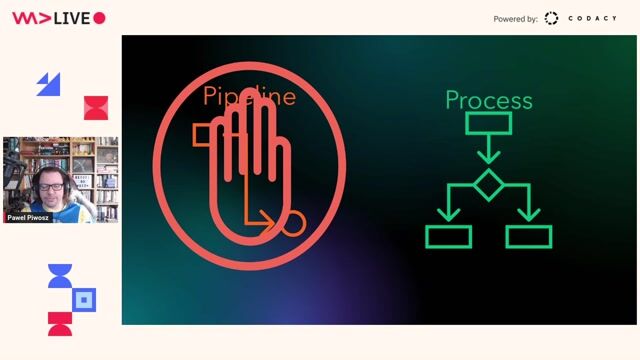 56:19
56:19Plan CI/CD on the Enterprise level!
Pawel Piwosz
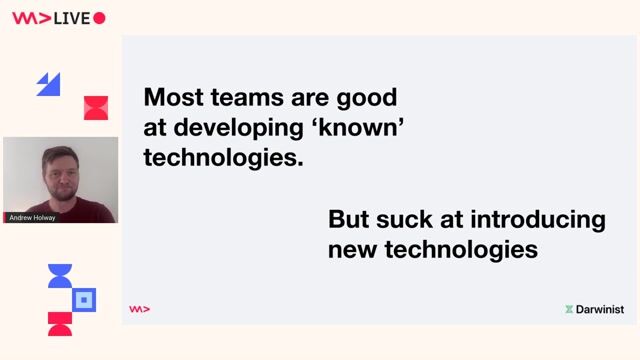 50:23
50:23Retooling and refactoring - an investment in people.
Andrew Holway
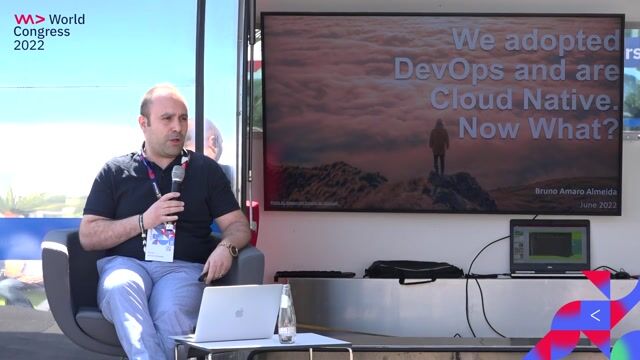 34:46
34:46We adopted DevOps and are Cloud-native, Now What?
Bruno Amaro Almeida
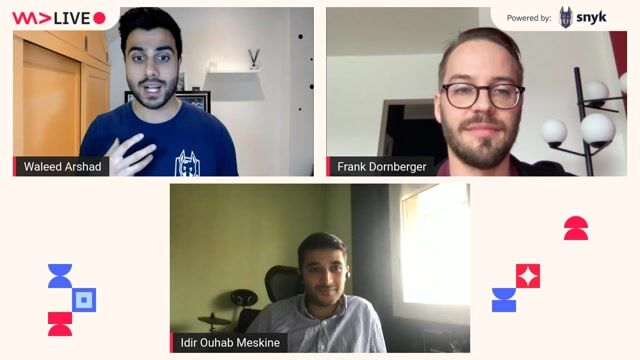 51:13
51:13Demystifying DevOps—Pros, cons, dos & don'ts
Thomas Fuchs, Waleed Arshad & Frank Dornberger & Idir Ouhab Meskine:
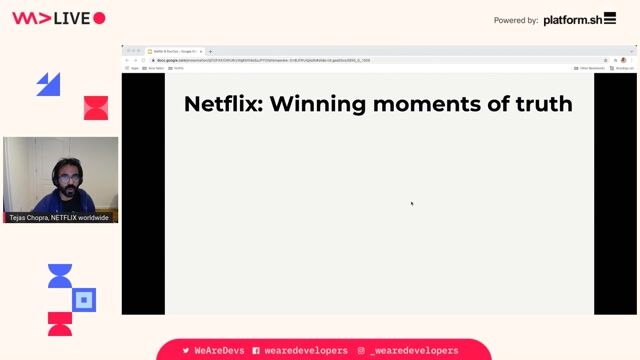 37:24
37:24DevOps at Netflix
Tejas Chopra
Related Articles
View all articles


.webp?w=240&auto=compress,format)
From learning to earning
Jobs that call for the skills explored in this talk.


Transfer Solutions
Leerdam, Netherlands
Remote
DevOps
Agile Methodologies




Renewi
Eindhoven, Netherlands
€4-7K
Azure
DevOps
Agile Methodologies
Continuous Integration


